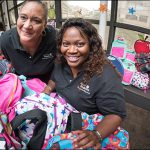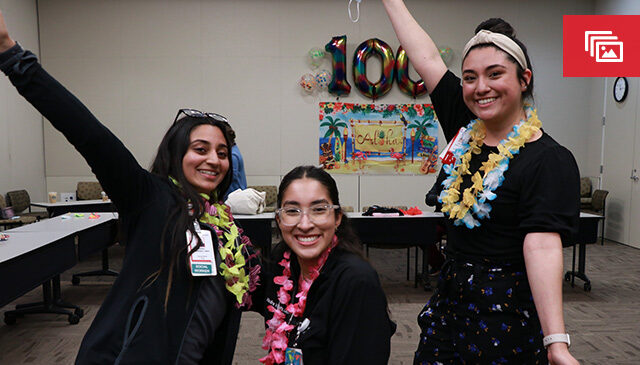
Each day, Texas Children’s social workers help break down barriers that prevent our patients and families from getting the support they need in the face of illness and hospitalization.
The Medical Center’s Social Work department recently gathered for a Luau-themed bash to celebrate Social Work Month and a very exciting milestone – reaching 100 team members! From longest-tenured to newly-hired, our One Amazing Team of social workers connected over food and drinks and were treated to custom t-shirts, flower leis and special words of acknowledgment from their leaders.
“We’re so excited to be here celebrating this team that has grown to 100 employees,” said Michelle Lawson, director of clinical support services. “There are so many aspects to patient care, and it’s critical to help families deal with life as it impacts their health journey. I love that I get to support and work our social workers – we figure it out together, and get our patients what they need.”
Like many teams, social work staff numbers took a hit during the pandemic – just when it felt like their services were needed most.
“Having more social workers on staff means we don’t have to pick and choose which families get a consult, and we don’t have to rush to see as many people as we can,” said Maggie Lampe, assistant director of social work. “We want to spend all the time we need with each individual, and now that we have more social workers we can do just that.”
Social worker Porschea Wilson (The Woodlands) was recently recognized for going that extra mile when she set aside more time out of her schedule to color a picture with an acute care patient.
“The patient’s mother stated Porschea was very patient with the child and spent as much time as she could with her until she had another call to go to,” reads Porschea’s Caught You Caring submission. “Thank you for making such a BIG impact for this patient’s first hospitalization and setting her up for a positive experience!”
Texas Children’s social workers are professionals who have earned a master’s degree and are licensed by the state of Texas. They are vital components of the multidisciplinary care team – helping families locate community resources, assisting in crisis interventions, providing counseling, educating families on a child’s diagnosis, and so much more.
Click here to learn more about Social Work at Texas Children’s. A social worker can be contacted 24/7 by calling the hospital page operator at 832-824-2099.


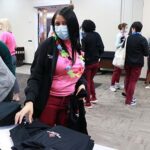








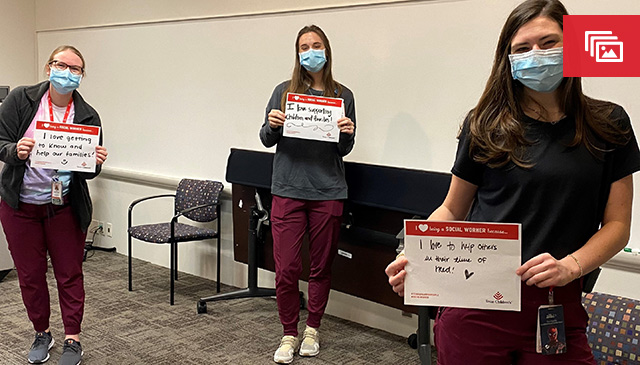
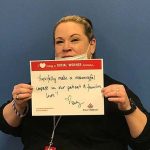


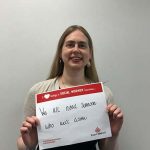


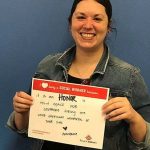
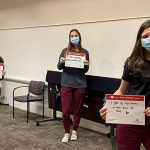
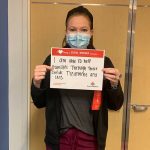





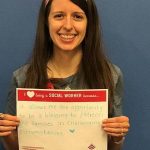
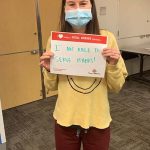


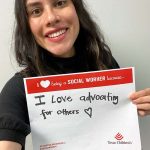



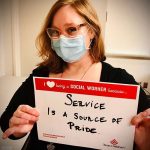

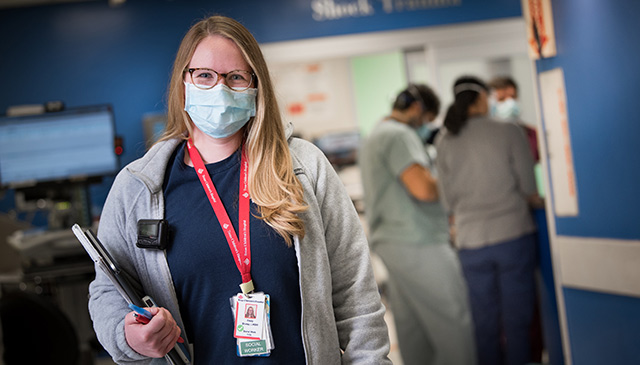




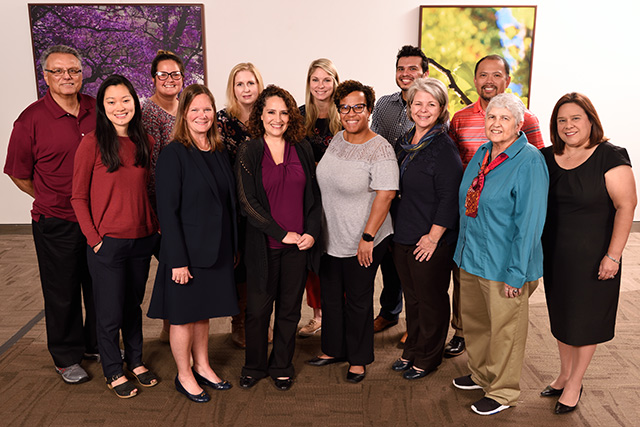
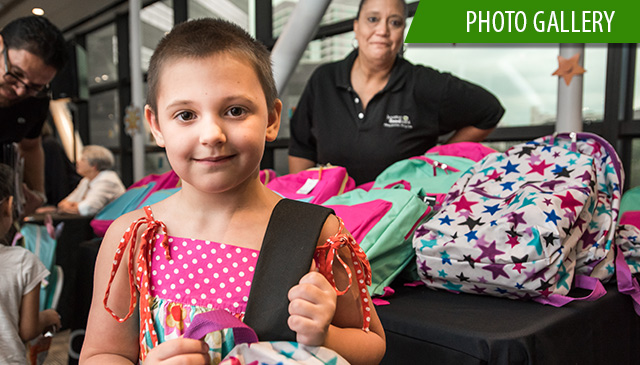 It is that time of the year again; the end of summer means the beginning of a new school year. Texas Children’s Hospital’s Social Work Department organized a back-to-school fair to provide information to patients and their families to help them prepare for the new school year.
It is that time of the year again; the end of summer means the beginning of a new school year. Texas Children’s Hospital’s Social Work Department organized a back-to-school fair to provide information to patients and their families to help them prepare for the new school year.




